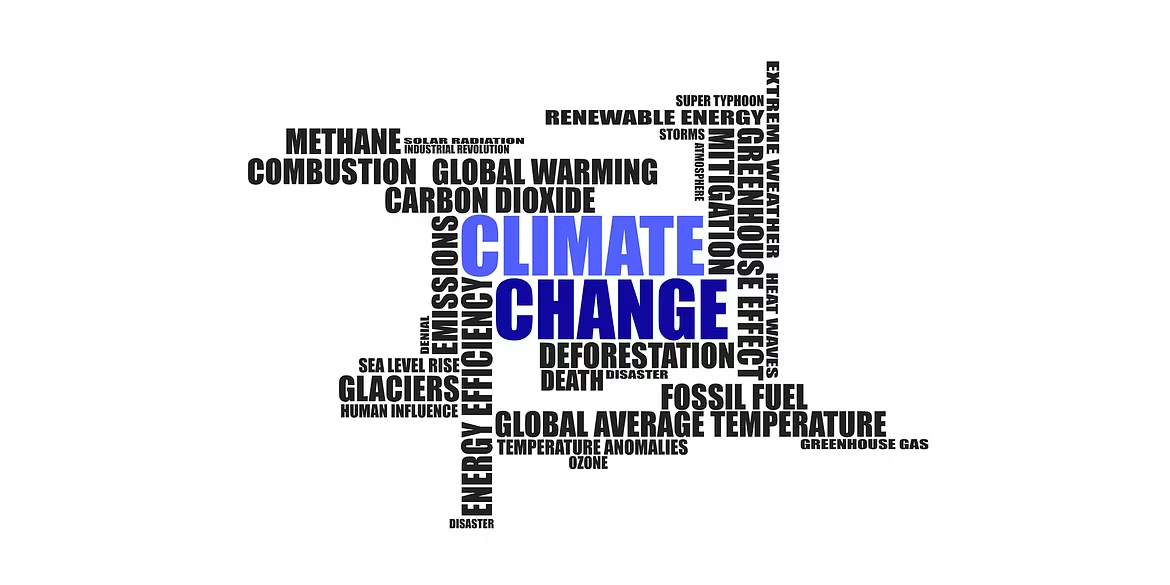- info@agromaticfoods.com
- Bangalore, Karnataka, , Bengaluru, Karnataka, India. 560100
© 2020 Agromatic Foods. All Rights Reserved

Alt Protein: Future weapon to fight against climate change
If climate change is a cancer then ALT PROTEIN is the panacea.
Climate change is a global emergency that goes beyond national borders. It is an issue that requires international cooperation and coordinated solutions at all levels. – UN Climate Change Conference (COP21) in Paris Agreement.
Why there is so much noise on climate change? As per WHO the impact of climate change on health is going to impact as below:
- Extreme high air temperatures lead directly to the death
- Natural disasters and variable rainfall patterns & rising sea levels will destroy homes, medical facilities and other essential services.
- Between 2030 and 2050, climate change is expected to cause approximately 250000 additional deaths per year, from malnutrition, malaria, diarrhea, etc.
- The direct damage costs to health are estimated to be between USD 2-4 billion/year by 2030.
As time passes, dependency on fossil fuels will reduce (major climate change culprit) and the world’s major power requirement will shift on clean energy but still, there is a big culprit on climate change that is animal agriculture/animal protein/animal meat.

Animal agriculture : The silent demon
Animal farms may produce food but they also produce massive amount of animal wastes like urine and manure that emit around 400 different harmful gases i.e. 14.5 percent of global greenhouse.
Livestock and their byproducts account for at least 32,000 million tons of carbon dioxide (CO2) per year or 51% of all worldwide greenhouse gas emissions.
By some estimates, animal agriculture is responsible for more greenhouse gases than all of the world’s transportation systems combined.
Of all the agricultural land in the U.S., 80 percent is used to raise animals for food and grow grain to feed them.
About 92 percent of the freshwater is used for farming purposes and 1/3rd of it is used for rearing livestock and manufacturing animal products.
So, what’s the solution?
 According to the United Nations, a global shift toward a vegan diet is necessary to combat the worst effects of the climate crisis.
According to the United Nations, a global shift toward a vegan diet is necessary to combat the worst effects of the climate crisis.
GFI defines alternative proteins as meat, egg or dairy products that are plant-based, cultivated or fermentation-derived. We envision a food system that provides people with the foods they love — produced without conventional animal agriculture.
What’s so special about plant-based protein?
By going vegan, one person can save approximately 219,000 gallons of water a year.
It takes 75% less land to feed someone on a plant-based (vegan) diet than it does to feed a meat-eater since the crops are consumed directly instead of being used to feed animals.
By 2035, the shift to plant-based meat and eggs alone will save more than 1 gigaton of CO2 -e.
- That’s the equivalent of Japan going completely carbon neutral for an entire year.
- Eating that much plant-based protein would save enough water to supply the city of London for 40 years.
A recent Stanford study, for example, showed that eating plant-based alternatives instead of conventional animal proteins, reduce cardiovascular disease risk factors.
The risk of animal-borne illnesses such as mad-cow disease has come into sharp focus in light of the COVID-19 pandemic.
Very interestingly 13 million metric tons were consumed globally in 2020, just 2% of the animal protein market. So, the ALT PROTEIN industry has to do a lot of hard work to bring price parity, taste, and texture to increase alt protein share in the coming future.
Indeed, ALT PROTEIN is going to be one of the key tools to fight the war with climate change. Together, we must switch to & choose Alt Protein over animal meat to gift a healthy climate to our generations.
Author: Mr. Vishal Baid Jain


